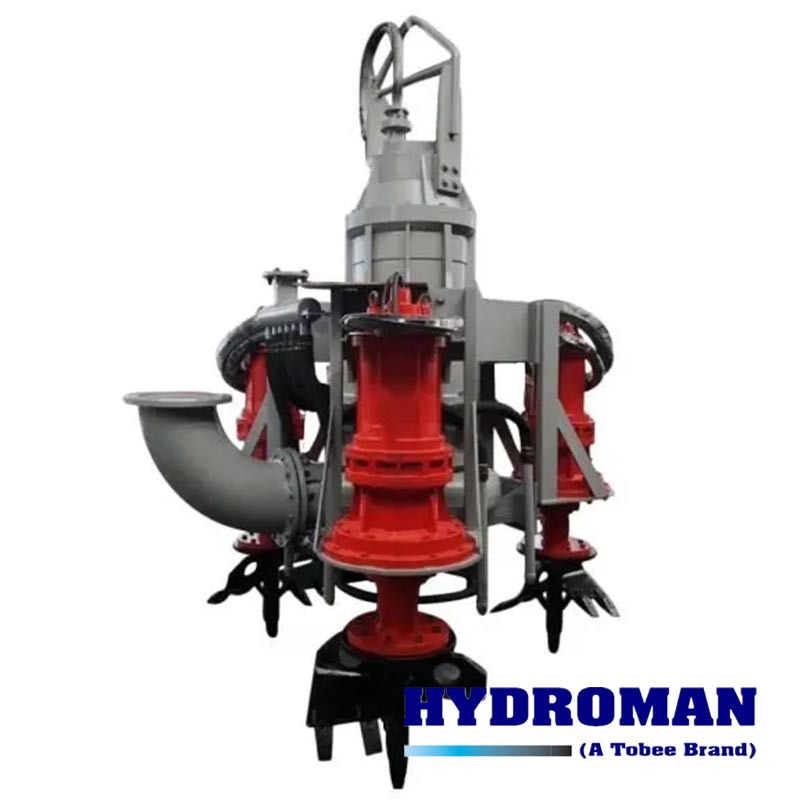

In the 1970s, a number of marine casualties of single-skin-hull tankers led to serious oil spills. Originally, a "successful" salvage was one where at least part of the ship or cargo was saved otherwise, the principle of "No Cure, No Pay" meant that the salvor would get nothing. The common law concept of salvage was established by the English Admiralty Court, and is defined as "a voluntary successful service provided in order to save maritime property in danger at sea, entitling the salvor to a reward" this definition has been further refined by the 1989 Convention. The bounty is determined subsequently at a "hearing on the merits" by a maritime court in accordance with Articles 13 and 14 of the International Salvage Convention of 1989. The legal significance of salvage is that a successful salvor is entitled to a reward, which is a proportion of the total value of the ship and its cargo. Today, most salvage is carried out by specialist salvage firms with dedicated crews and equipment.

īefore the invention of radio, salvage services would be given to a stricken vessel by any passing ship. Protecting the coastal environment from oil spillages or other contaminants from a modern ship can also be a motivator, as oil, cargo, and other pollutants can easily leak from a wreck. Salvage may encompass towing, lifting a vessel, or effecting repairs to a ship. Marine salvage is the process of recovering a ship and its cargo after a shipwreck or other maritime casualty. Marine salvage of a fishing boat off the coast of Estonia in 1973. ( Learn how and when to remove this template message) ( July 2023) ( Learn how and when to remove this template message) Please help improve it to make it understandable to non-experts, without removing the technical details. This article may be too technical for most readers to understand.


 0 kommentar(er)
0 kommentar(er)
